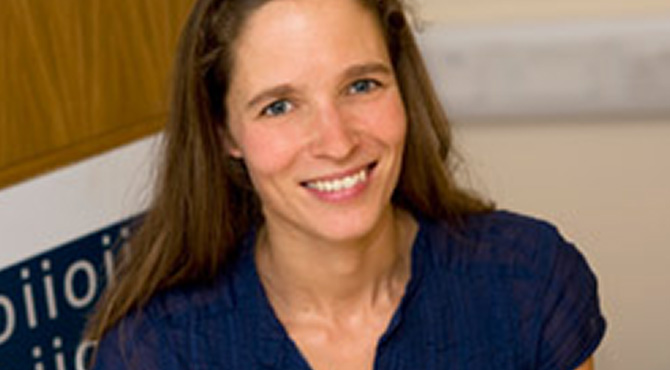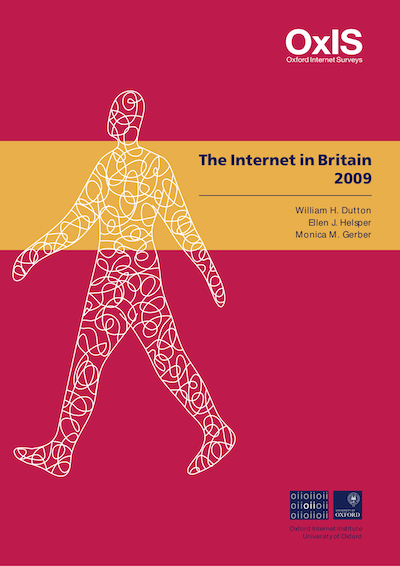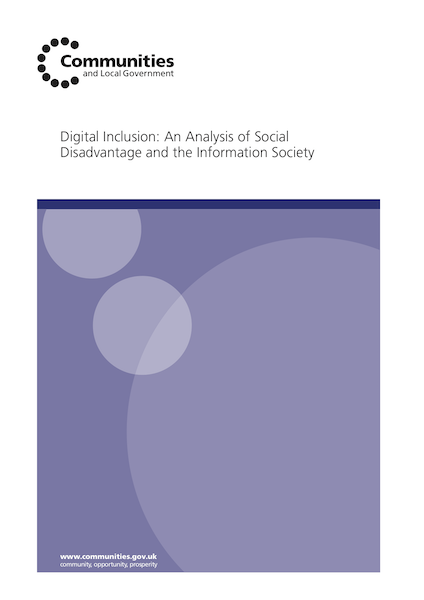About
Ellen Helsper obtained her MSc degree in media psychology at Utrecht University in the Netherlands in 1998. During the following 5 years she worked in Chile as an associate researcher for the Social Psychology and Media and Communications Departments at the Pontificia Universidad Catolica (PUC). She was involved in designing and analysing the first public opinion poll about the military coup in Chile and the effect of media framing on opinions towards the events on the day of the coup. Other projects she was involved in looked at the relation between fear of crime and media exposure in disadvantaged neighbourhoods, the importance of news anchors in television viewers’ everyday lives and the introduction of cable television and broadband internet into Chilean society. Simultaneously she worked in the commercial sector for Adimark and OMD as a media research consultant working on projects in relation to image management of broadcast personalities and general media market research.
After that she worked in New York and Mexico for OMD USA as a Latin American Audience researcher, looking amongst other things at the distribution and popularity of sports viewing around the world. She joined the LSE as a doctoral researcher in 2003 and was involved in the UK Kids Online Project which examined at children’s and their parent’s internet use and attitudes. While she was working on her PhD she did consultancy work for OSSWatch (Oxford University), Ofcom, the BBC and Plan International. The outputs of this consultancy work ranged from reports on the impact of R18 rated and food advertising material on young people to the use of Open Source Software in higher education and the evaluation of journalist training programmes in post-conflict areas.
In 2007 she obtained a PhD in Media and Communications with a thesis bearing the title: ‘Internet Use amongst teenagers: Social inclusion, self-confidence and group identity’. This was followed by a position as Survey Research Fellow at the Oxford Internet Institute (OII, University of Oxford). There she managed and analysed the biennial Oxford Internet Surveys (OxIS), the UK partner in the World Internet Project. She was responsible for designing and analysing the 2007 and 2009 surveys. She also worked on developing a research framework and project on the role of the Internet in intimate relationships through the ‘Me, My Spouse and the Internet’ project.
Ellen Helsper is now a lecturer in the Media and Communications Department of the LSE with a specialisation in Quantitative Media Research. Her current research interests include the links between digital and social exclusion; mediated interpersonal communication; and methodological developments in media research. She is an Academic Advisor and Associate Lecturer at the Media and Communications Department of the PUC in Chile. She has further held the roles of Specialist Advisor on Digital Inclusion for the Welsh Affairs Committee and External Examiner for the Institute of Arts, Design and Technology in Dublin.
Research Interests
Media literacy, interpersonal interactions online, disadvantaged social groups, everyday life, methodology, media engagement, digital divides.





